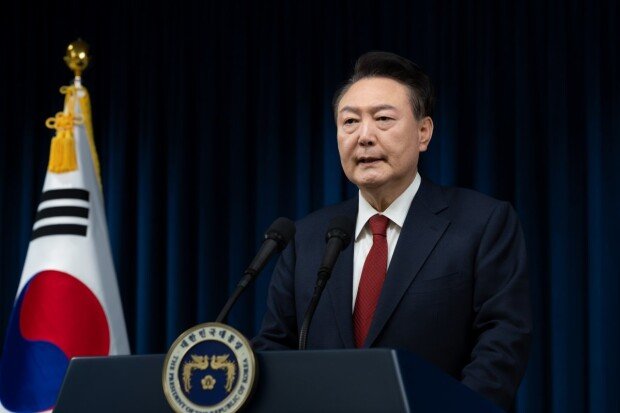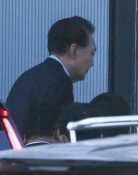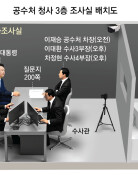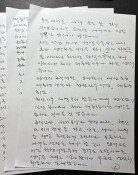CIO requests arrest warrant for Pres. Yoon
CIO requests arrest warrant for Pres. Yoon
Posted December. 31, 2024 08:01,
Updated December. 31, 2024 08:01

The Corruption Investigation Office for High-ranking Officials (CIO), which is investigating the December 3 martial law incident, requested an arrest warrant for South Korean President Yoon Suk Yeol on Monday. This marks the first time in constitutional history that an investigative agency has sought an arrest warrant for a sitting president.
“At midnight on December 30, we submitted a request for an arrest warrant and a search (and seizure) warrant for President Yoon to the Seoul Western District Court,” the Martial Law Joint Investigation Headquarters, composed of the CIO, the National Police Agency’s National Office of Investigation, and the Ministry of National Defense’s Investigation Headquarters, announced. The warrants accuse President Yoon of being the leader of an insurrection and abuse of power. Previously, the CIO summoned President Yoon three times—on December 18, 25, and 29—but he did not respond. The Seoul Western District Court has jurisdiction over Hannam-dong, Yongsan-gu, where the presidential residence is located.
Since President Yoon’s legal team has stated that impeachment proceedings take precedence over investigations and indicated that voluntary compliance with the summons is unlikely, it is expected that the CIO and police will proceed with the arrest if the court grants the warrant. “Unlike a search and seizure warrant, there is no reason for the Presidential Security Service to block the execution of an arrest warrant,” a police representative commented. If the warrant is issued, it must be carried out.” However, some legal experts have raised concerns about potential physical clashes if the Presidential Security Service attempts to obstruct the warrant’s execution.
President Yoon’s legal team submitted a written opinion and notice of legal representation to the Seoul Western District Court on Monday. “The request for an arrest warrant by the CIO is unjustified,” former Daegu High Prosecutors’ Office Chief Yoon Kap-keun, serving as President Yoon’s attorney, told reporters. “The warrant is requested by the office that lacks the authority for investigation, and it does not meet the requirements under the Criminal Procedure Act. Therefore, it should be dismissed.” When asked whether they would cooperate if the arrest warrant were issued, he replied he would address that later.
??? ?? cms@donga.com







